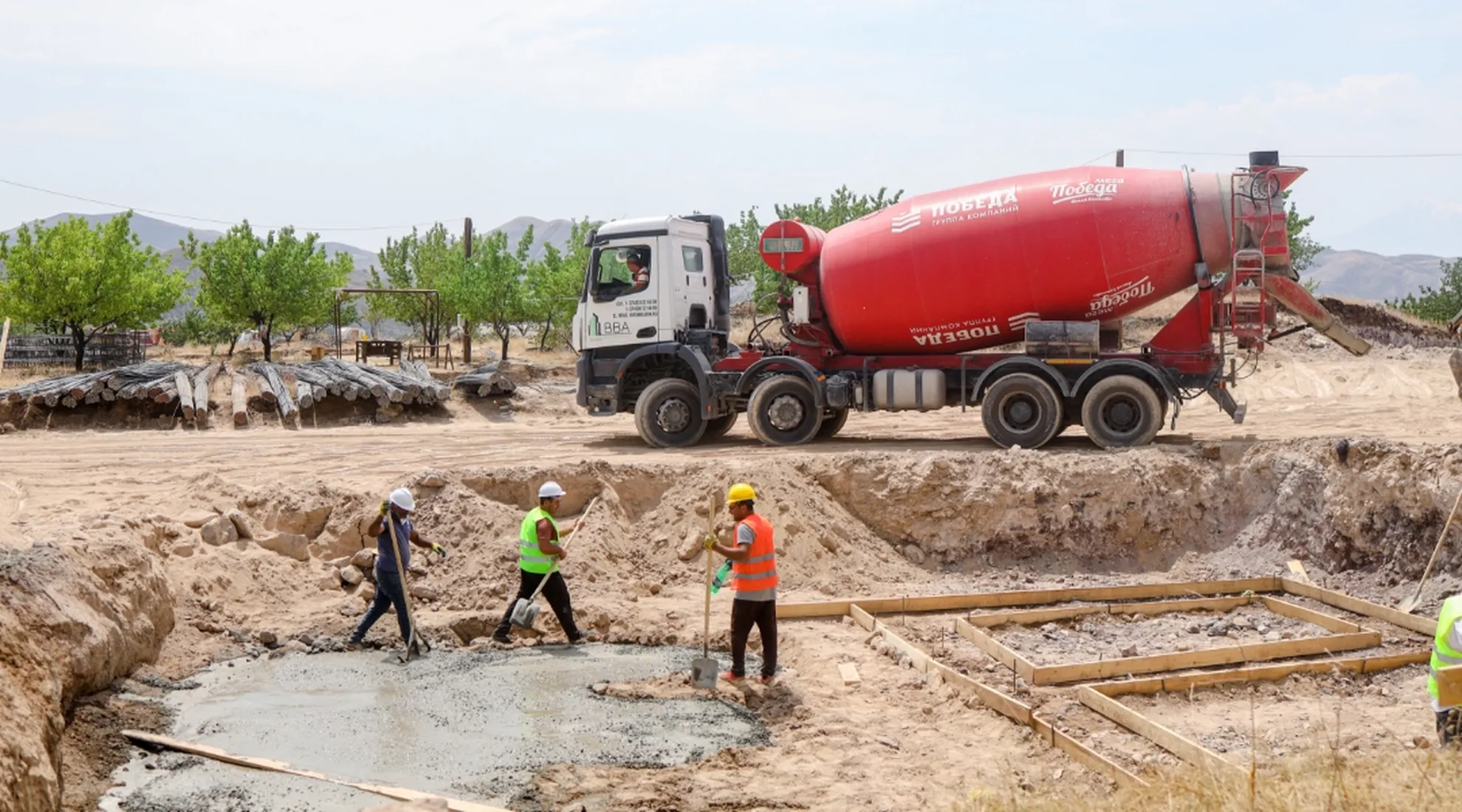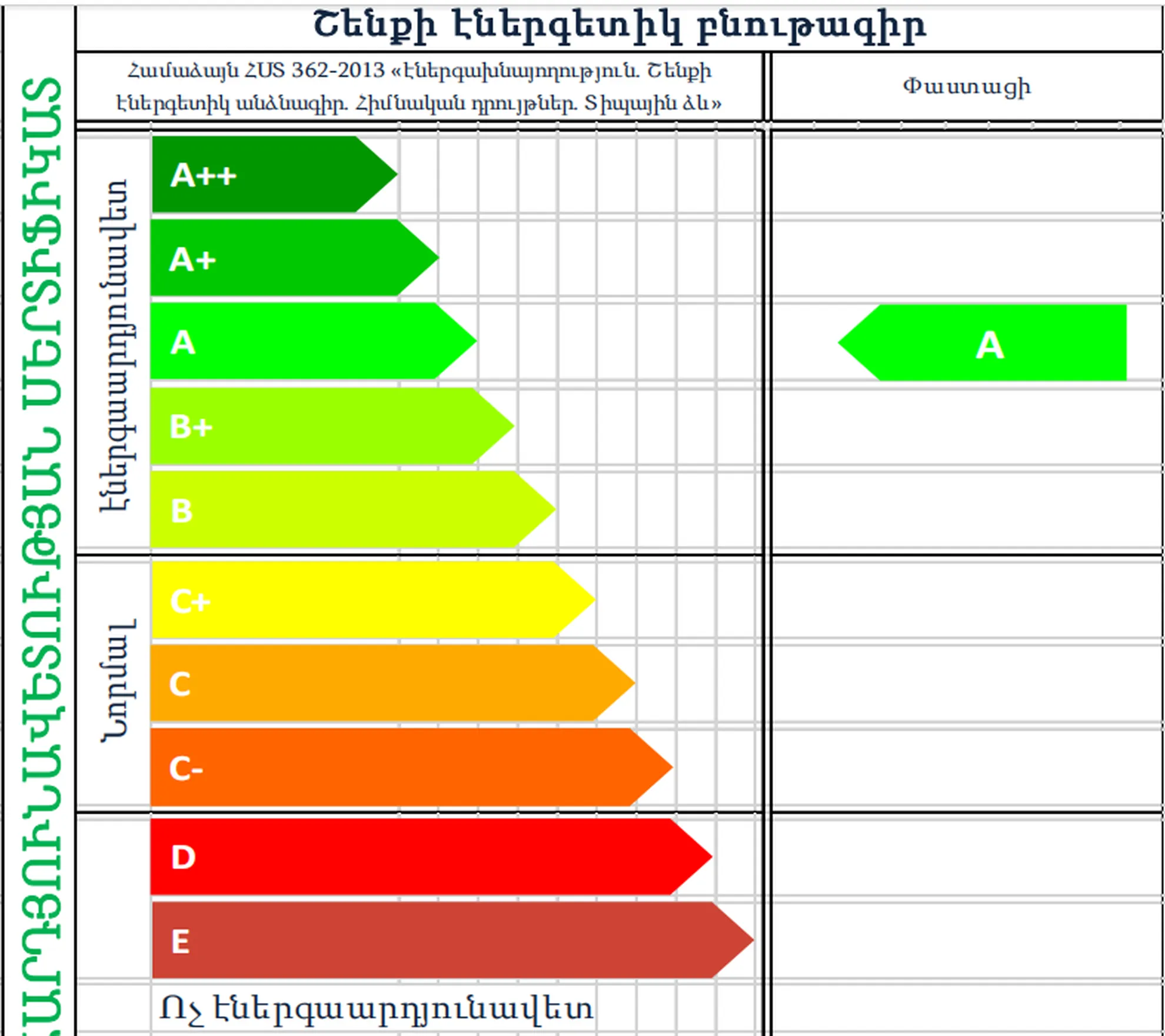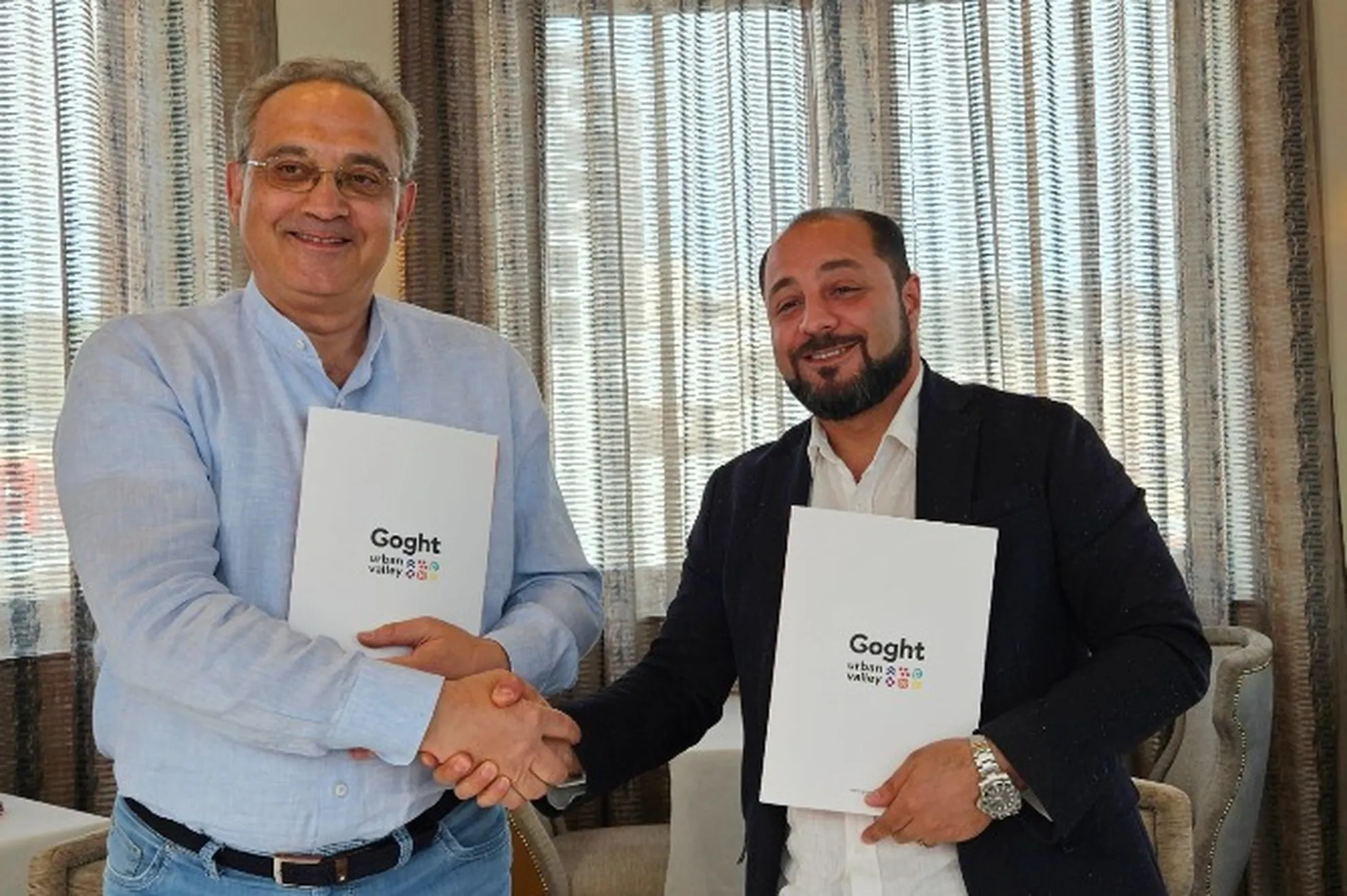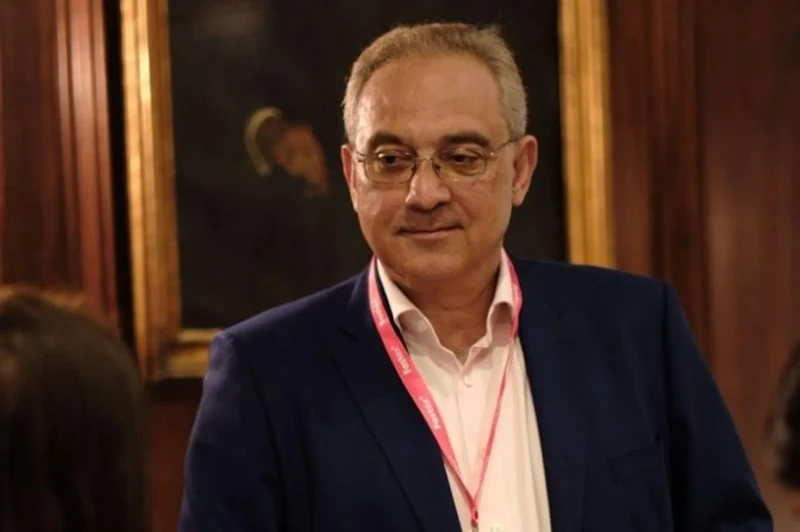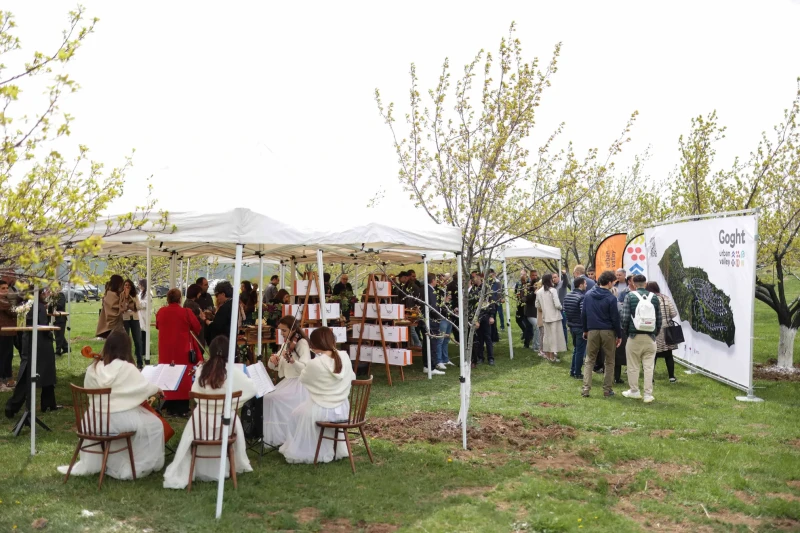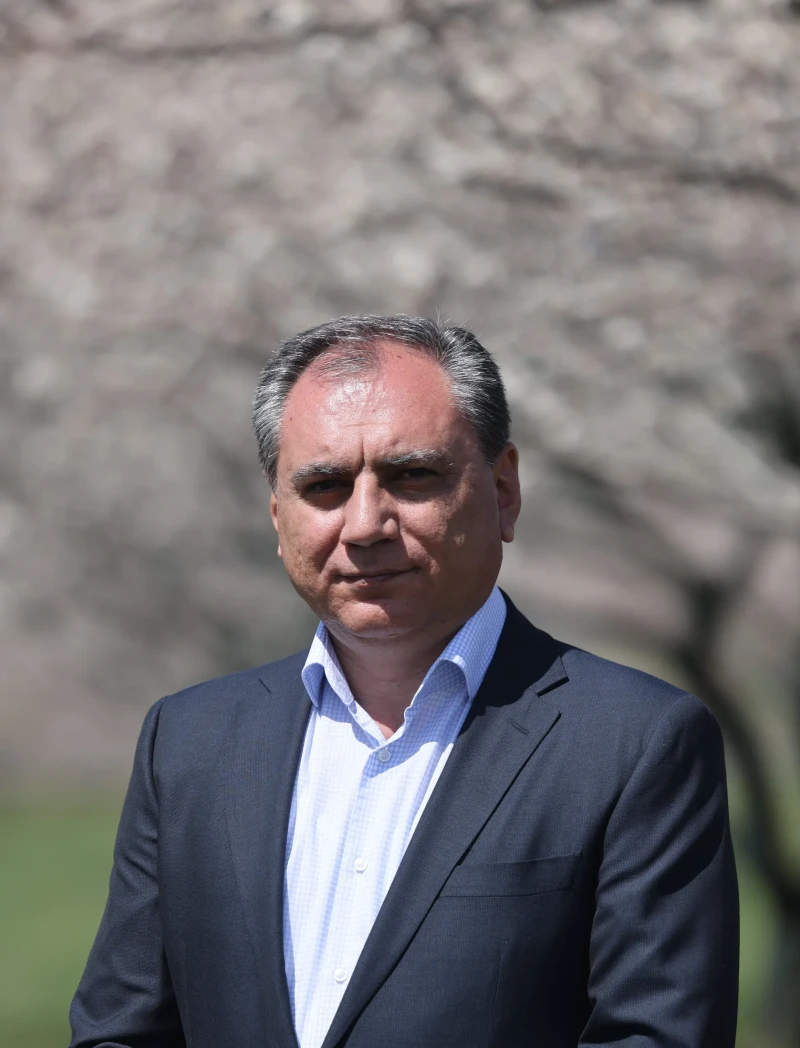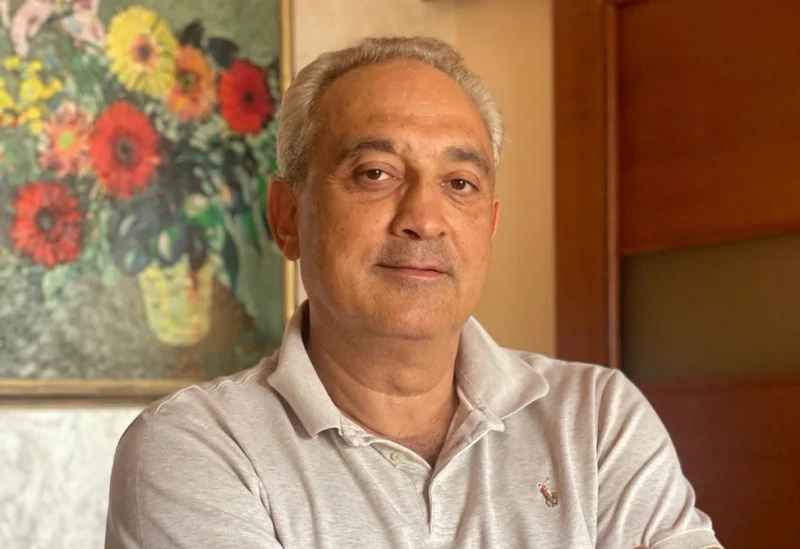Armenian Karate on the World Stage: Strength of Spirit, Discipline, and Philosophy
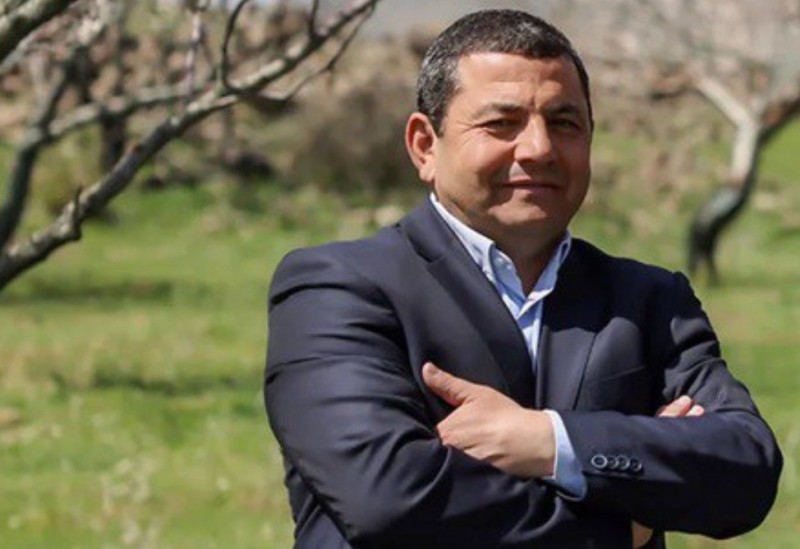
YEREVAN, October 13, News-Armenia. Armenian athletes are increasingly rising to the podiums of major international tournaments, making opponents respect their strength and character. For them, karate is not just a sport, but a school of resilience, respect, and inner discipline.
Marcos Garibyan, President of the Armenian Shotokan Karate Confederation, businessman, and co-founder of the Goght Urban Valley project, shared in an exclusive interview with News-Armenia how a small but strong-spirited Armenian team made its mark on the world stage, why the discipline of senseis matters more than any gadget, and how Goght Urban Valley is becoming a new hub for sports and future champions.
News-Armenia: Tell us about the achievements of the Armenian Shotokan Karate Confederation in recent years. Which results do you consider most significant?
M. Garibyan: I became president of the Armenian Confederation in 2017. During my presidency, fully funded by me, Armenian karate athletes participated in the World Championships in Tokyo three times.
The first time — in 2021 — the team consisted of three athletes who won one gold and one silver medal each.
In 2023, seven athletes competed, bringing home one gold, two silver, and three bronze medals.
In 2025, fourteen athletes went to the World Championship, winning three gold, four silver, and six bronze medals. Our athletes performed brilliantly.
The tournament included over a thousand athletes from around 60 countries. Armenia placed third in the team rankings. For comparison, Kazakhstan, with 80 participants, won two or three medals, while Germany and the UK did not win any.
News-Armenia: What, in your opinion, was the main factor behind the success of Armenian athletes?
M. Garibyan: The hard work of senseis and athletes, daily training, and iron discipline. Only this brings results.
News-Armenia: How do you assess the overall progress in this field?
M. Garibyan: Progress is obvious. We already have strong teams in Yerevan, Meghri, Noyemberyan, Gyumri, and Echmiadzin. In October, the Yerevan Open tournament will take place in Armenia, with participants from 13 countries already registered.
This will be a major international Shotokan Karate championship with about 800 athletes. We aim not only to expand Armenia’s representation but also to attract the best fighters.
News-Armenia: What challenges do Armenian karate athletes face when preparing for major tournaments?
M. Garibyan: The biggest challenge is financial. We need to address equipment and material support for training processes.
News-Armenia: Are there any future European or World champions among your students?
M. Garibyan: They already exist. At the last World Championship in Japan, three of our athletes won gold. This is a tremendous achievement. Today, Armenia is well-known in the world of karate, and competing against our athletes is a challenge for many. They respect us.
News-Armenia: Can we say that Armenia is already visible on the world sports map?
M. Garibyan: Absolutely. For example, the Yerevan Open will see a team from Saudi Arabia for the first time — previously, we had no sports contacts with them. This demonstrates the growth of our authority.
News-Armenia: Karate is not just a sport, but a philosophy. Why do you think people who succeed in sports are often successful in business?
M. Garibyan: Sport shapes personality. Our philosophy is to nurture a healthy generation with strong physical and psychological training. From athletes to senseis — these are people ready for anything: honest, conscientious, responsible. These qualities help in life and in business.
News-Armenia: Can karate help children and youth growing up in the age of gadgets?
M. Garibyan: Certainly. Sometimes a child does not listen to parents but follows the sensei unconditionally. If the sensei says, “Put away your phone and do your homework,” the child obeys. I’ve seen this with my own children.
During training, children are completely disconnected from phones and the internet — it gives them a reset.
News-Armenia: Why was the village of Goght chosen for creating new karate groups?
M. Garibyan: A well-known, high-level coach worked in Garni for many years. Together with the community, we decided to restore the sports hall, which was in poor condition.
Now there is a top-class karate school there, attended by several dozen children from nearby villages. We also pay close attention to the women’s team — and they are very strong.
News-Armenia: Does Goght have the potential to become a venue for training camps and competitions?
M. Garibyan: Absolutely. We, the founders of Goght Urban Valley, plan to hold international seminars in the village. This will help develop not only karate but the village itself.
In six months, Goght will have all the conditions for practicing sports amidst stunning nature — inspiring both athletes and coaches.
News-Armenia: The Goght Urban Valley concept envisions that people can live, work, and practice sports without leaving the village. Can we say that karate will be accessible to all residents?
M. Garibyan: Of course. One advantage of karate is that training can begin at any age. Even athletes over 70 compete in world championships. And believe me, it’s not easy to compete with them — they have a unique fighting philosophy.
